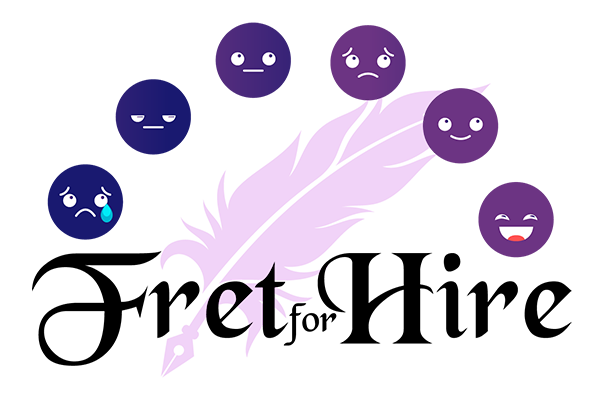All, Fretless Foibles
Accident Fret
After our son’s morning soccer game, my husband and I were reading while our tired tyke was immersed in his Lego world. Our daughter was on the Third Street Promenade with our nanny. For once, we were enjoying a serene Saturday which I was confident would cure the cold that had moved from my nose to my chest in the 24 hours since it had taken hold.
I live on a small road off a major, winding, east-west artery a few miles from the beach. It’s a lovely part of town where we’re lucky enough to assume that the sirens we sometimes hear are ambulances off to save someone or a fire that will be quickly contained. I subscribe to the LA Fire Department’s news alerts – old habit from my magazine days – which supports this view of my neck of the woods… and which occasionally helps me avoid traffic snarls.
On October 3rd I heard sirens stop nearby. Shortly thereafter, there was an email alert that firefighters were dispatched to extricate someone from a vehicle that had been in “a traffic collision.” A second email told everyone who cared to read it that the person was on the way to the hospital in unknown condition. A third email issued a most dire LA warning, “Traffic in the area is affected”.
About an hour later my nanny texted to request that I pick her and my daughter up. [I know – who in LA employs a non-driving nanny? More on this in another post.] I slogged through traffic to get to my passengers so decided to take an alternate route to get us home, confident that any negative effect caused by the earlier accident would be cleared almost two hours after the initial reports.
I pulled up to the eastern part of the artery that leads to my house and got out of the car, sure that the officers standing by the blockade impeding my westward progress would let me pass.
“No,” the authoritative woman in plain clothes said.
“But I can only access my street ….“
“I’m sorry, but no one can pass,” said the uniformed officer turning all traffic back east.
An MTA employee asked me if I knew the area well. Once I said yes, she and I tried to figure out if there was a parallel side street that that would allow the three city buses stopped at the curb to return east. “No”, we concluded. So, the two city workers stopped all traffic while the buses made a U-turn.
I got back into my car where my nanny was resigned and my daughter was cranky. Good times, good times. We headed south and did a log-jammed loop to return to the western part of the only artery via which I could access my street.
Another blockade, this one impeding the 50 feet or so east I needed to travel to my street.
“There’s been a fatal accident…” the officer explained after he agreed to let me pass. “What does fatal mean?” My daughter asked from the backseat. “It means someone died,” I explained shortly before my nanny and I said a prayer for the newly departed.
Some poor soul no longer walks on this earth and all I had focused on was the impact the traffic jam delay had on my ‘To Do’ list and my daughter’s mood. I felt small. Someone had left a ‘To Do’ list that would never get done. Their loved ones would mourn the victim who would leave so much undone. I felt lucky to hug my children, even the cranky one.
I searched the web to find out details about the accident. I found nothing more than the alerts I’d originally read. This made me angry. I thought of Death of a Salesman, particularly the end of Act One where Linda Loman, the iconic Willy’s wife, profoundly states, “…he’s a human being, and a terrible thing is happening to him. So attention must be paid. He’s not to be allowed to fall into his grave like an old dog. Attention, attention must be finally paid to such a person.”
According to the Los Angeles County Department of Health there were 630 deaths due to motor vehicles in LA County in 2012. 630 traffic snarls leaving 630 unfinished lives mourned by countless connections.
So, here, I am writing to pay attention to the victim of a Saturday car accident who left a life unfinished while driving on a boulevard in Los Angeles. I hope that the ‘To Do’ list that you left behind is not too long and that you’ll be remembered as more than just a statistic.
